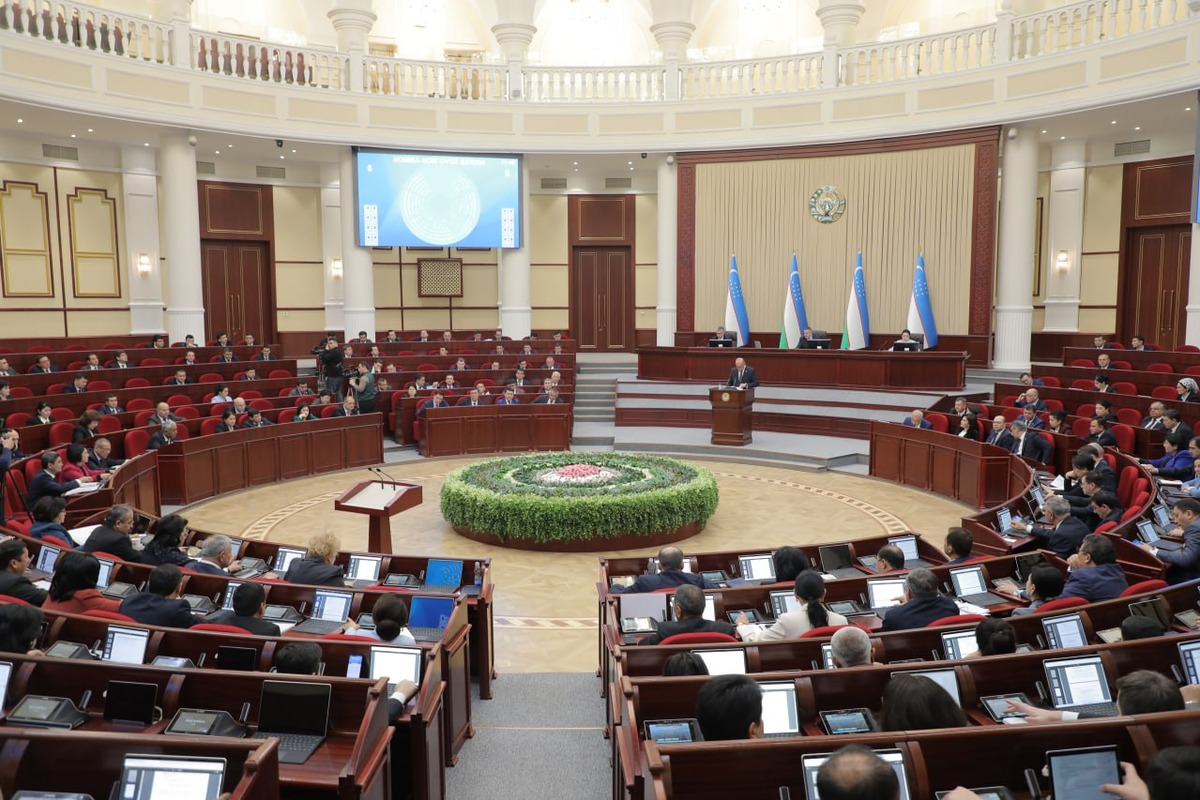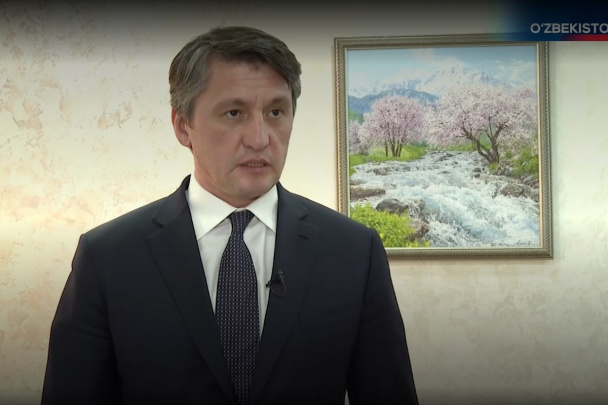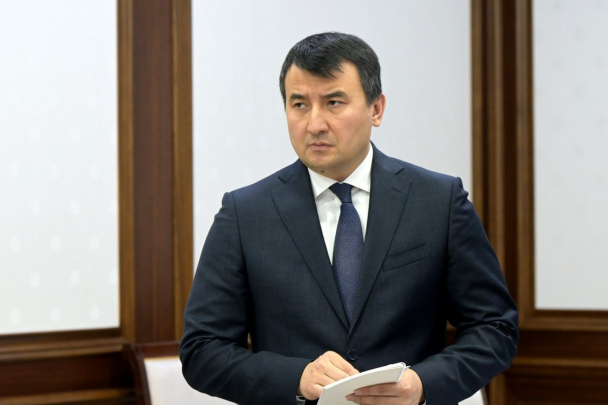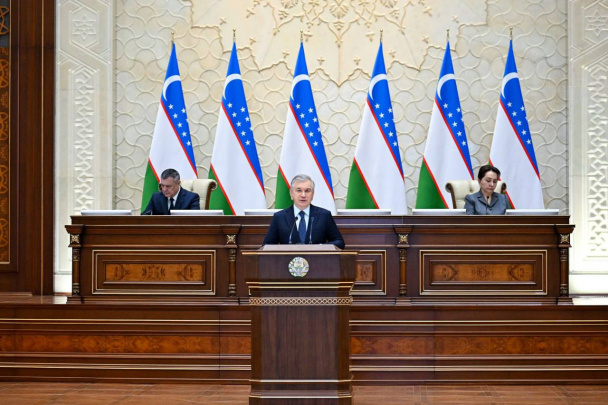No questions, no debate: Uzbekistan’s parliament approves massive budget hike in nine minutes
The Legislative Chamber of Uzbekistan's Oliy Majlis approved amendments to the 2024 state budget, increasing expenditures by 9.98 trillion UZS (approximately $775.8 million) without any public debate, questions, or objections. The decision, made during a session on December 3, was finalized in just nine minutes.

Photo: Legislative Chamber of Oliy Majlis
The amendments, which passed all three parliamentary readings in a single sitting, will now proceed to the Senate for final approval. The changes include significant increases in allocations for ministries, committees, and state agencies, raising total projected expenditures from 255.4 trillion UZS to 265.4 trillion UZS.
Lack of transparency and debate
During the session, Deputy Minister of Economy and Finance Akhadbek Haydarov delivered a brief five-minute speech outlining the proposed adjustments. However, no justification for the increased expenditures was provided, and no questions were raised by lawmakers. Speaker Nuriddin Ismoilov stated that committee and faction-level discussions took place prior to the session, but these meetings were not broadcast publicly, and journalists were excluded despite official inquiries.
Key allocations and cuts
The budget increase includes allocations for education loans, healthcare provisions, cultural initiatives, and infrastructure development. Notable expenditures include:
- 841 billion UZS for the Education Credit Financing Fund.
- 30 billion UZS for free inhalation treatments for certain medical conditions.
- 1.34 trillion UZS for resolving critical local infrastructure issues.
- 592 billion UZS for winter heating assistance to low-income households.
Conversely, certain areas saw reductions in funding. For example, the Ministry of Preschool and School Education will receive less for operational expenses, despite an overall increase in its capital investment budget. The Ministry of Higher Education, Science, and Innovation also faces cuts in several areas, including subsidies for student dormitories and women’s graduate tuition.
Optimizations and savings
Efforts to optimize costs were highlighted, including plans to save 4.1 trillion UZS through measures such as staff reductions in government agencies and reallocations from unused development funds. Additional savings are expected from revised criteria for social assistance and restructured state fund transfers.
Questions on oversight
The rapid approval of the amendments without public scrutiny has raised concerns about parliamentary oversight and accountability in the budgeting process. Analysts note that, unlike neighboring Kazakhstan, where budget amendments involve detailed explanations to lawmakers, Uzbekistan’s process has shown a lack of transparency in recent years.
Related News

13:33 / 08.03.2025
Electronic payments made mandatory for utility and budget organizations

19:42 / 07.03.2025
Tashkent plans to triple investment inflows to $10 billion

15:28 / 06.03.2025
Uzbekistan secured $16 billion in foreign investments in February

17:20 / 05.03.2025



